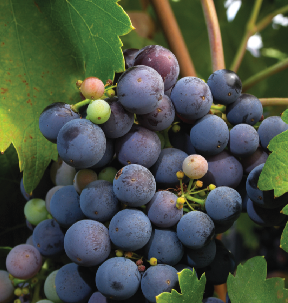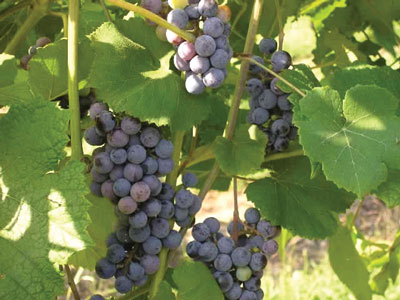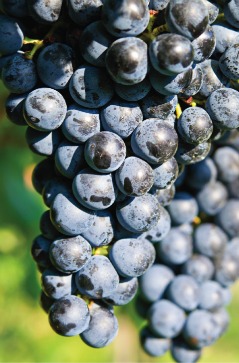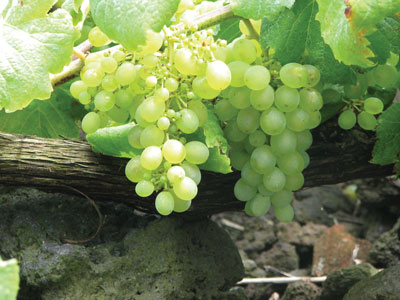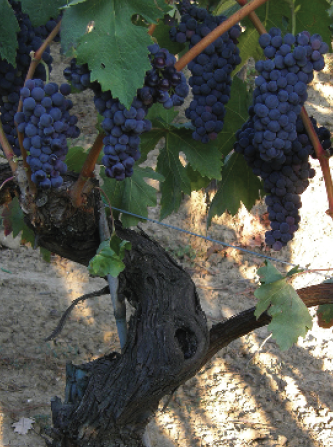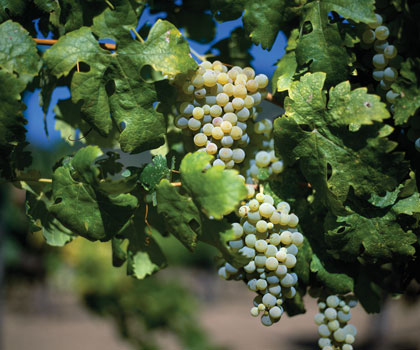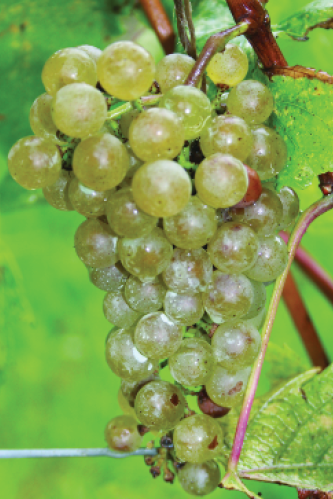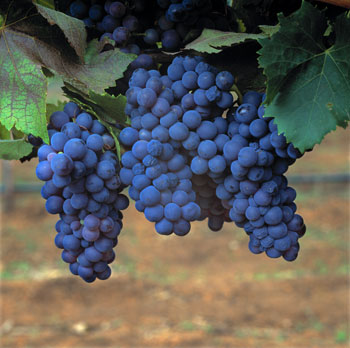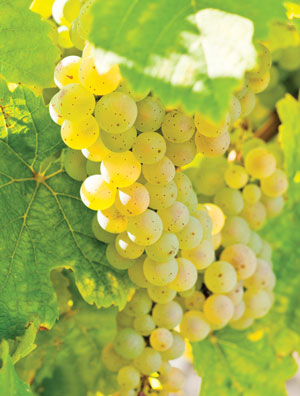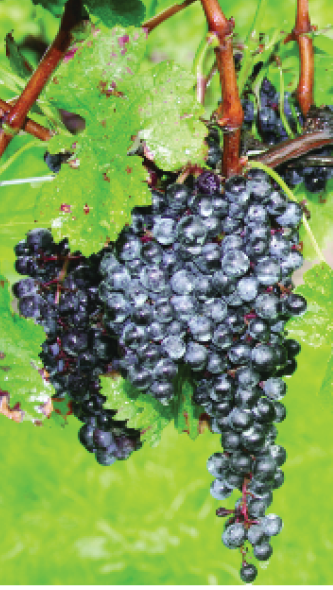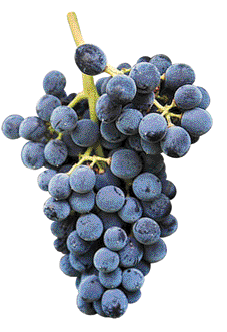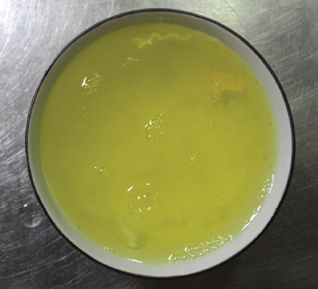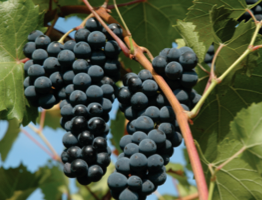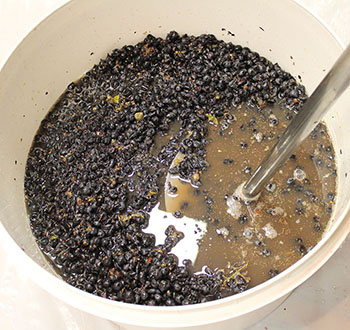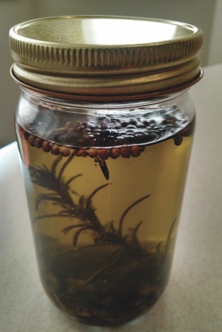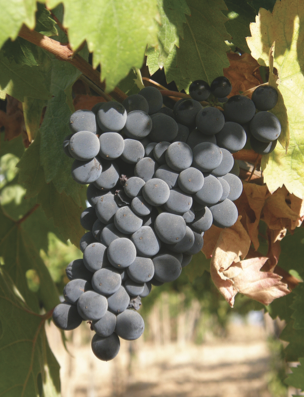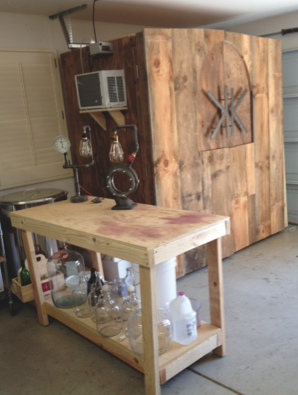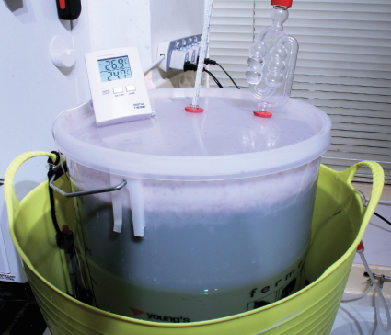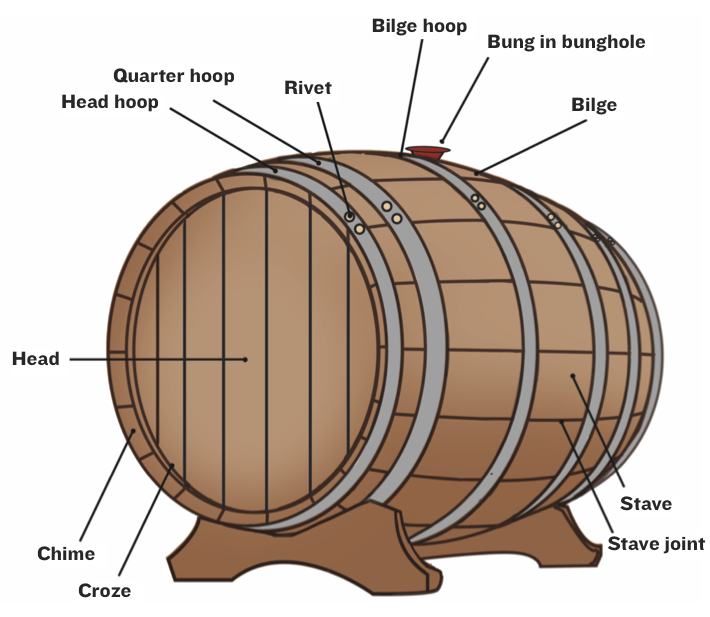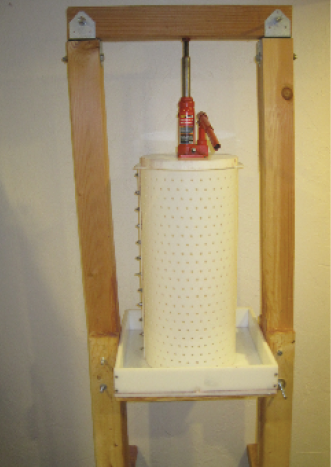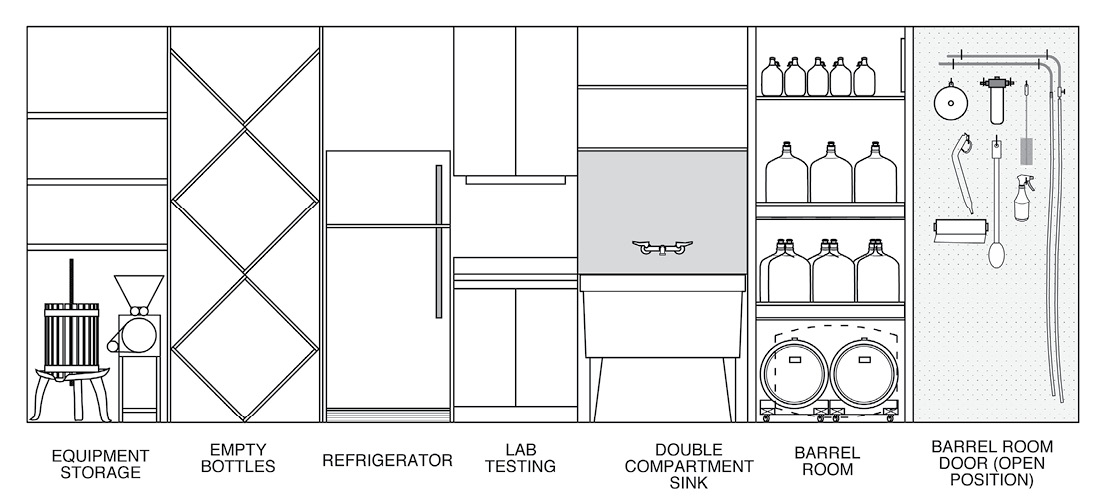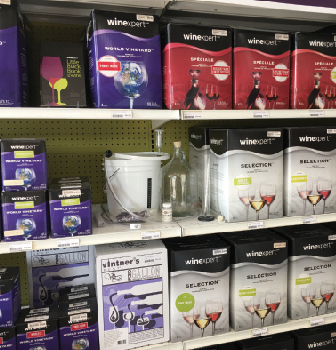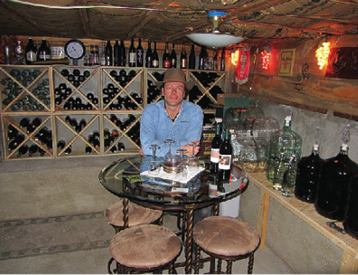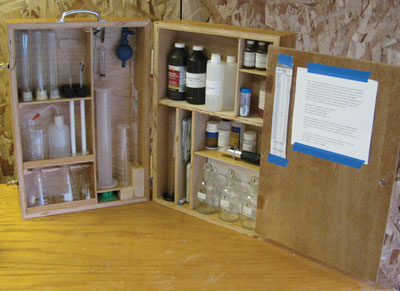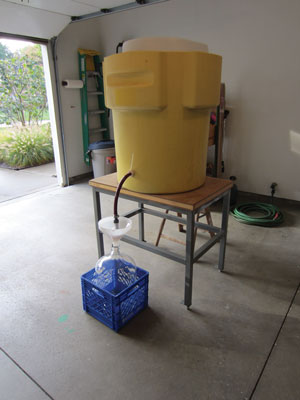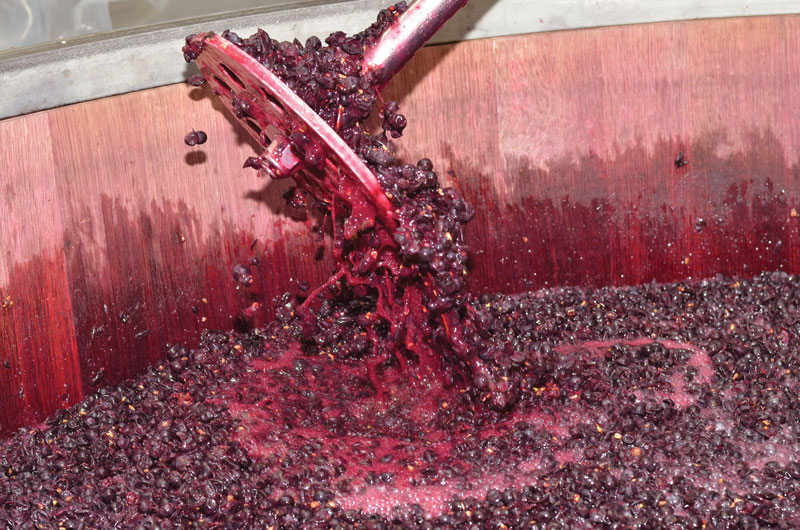Articles
Zinfandel: ‘America’s’ grape
We all are familiar with White Zinfandel, the rosé style that enjoyed immense popularity in recent years and led to the emergence of a rosé boom with other varieties.
Norton: New World nobility
The experts surmise Norton is likely a cross between V. aestivalis and an unknown V. vinifera species. There is possibly some contribution of V. labrusca.
Barbera
Barbera frequently comes in with high acidity but, with the right winemaking approach, it makes a food-friendly red for people who drink wine every day.
Verdelho: More than Madeira
Verdelho is the most widely planted grape on the Portuguese island of Madeira.
Tempranillo: Spanish nobility
Tempranillo is the predominant black grape variety from the northern wine region of Spain we know as the Rioja, and other regions of the Iberian Peninsula.
Colombard: Crisp and versatile
Despite its innocuous character, Colombard is a good choice for home winemakers, as it is easy to work with and allows for a wide scope of techniques and styles.
Sauvignon Blanc: The ‘wild white”
Sauvignon Blanc originated in the Loire Valley of France, and people started cultivating it as a wine grape starting sometime in the 19th century.
Grenache: An international blender
In the vineyard, Grenache is extremely vigorous and needs a long growing season to mature all of its fruit.
Riesling: German nobility
To this day, I consider that Riesling vintage one of the best wines I ever made, and I wish I could find a bottle or two in my cellar to taste what I had predicted to be a very graceful aging wine.
Merlot: Noble grape of Bordeaux
. . . Merlot is the most common grape variety grown in France with about 280,000 acres.
Nero d’Avola: The red grape of Sicily
. . . Sicily’s legacy of red wine is all about Nero d’Avola, second only to Catarratto Bianco. There are almost 18,000 hectares (about 46,000 acres) of Nero in Sicily.
Egg White Fining
An introduction to fining wine with egg whites.
Marquette: A hardy cold-climate hybrid
If you are looking for a cold-tolerant red grape, Marquette might be the varietal for you. Bred in Minnesota, this hybrid can withstand temperatures as low as -30 °F (-34 °C).
Understanding YAN
If you want to make good homemade wine, you should learn to manage your wines’ YAN — yeast assimilable nitrogen.
Unconventional Additives
There are lots of possibilities for adding extracts, flavorings, herbs, and spice when you are making wine at home. We explore a variety of options.
Montepulciano
To understand Montepulciano the grape, you also have to understand the difference with Montepulciano the place. Chik Brenneman takes you on a tour of eastern Tuscany, Italy in this issue.
Build a Temperature-Controlled Wine Storage Box
A home winemaker from California’s Sierra Foothills shares his design for an air-conditioned wine storage room he built for his garage.
Controlling Fermentation Temperature
Many hobby winemakers believe that fermentation temperature control is beyond their reach — but this isn’t so! Discover how to keep temperatures in the proper range.
The Essential Ins and Outs of Oak Barrels
Aging your wine in an oak barrel can do wonders for your wine. It can also ruin it. Before you dive in head first, learn all there is to know about aging in oak. Plus: Using oak alternatives.
Build Your Own Basket Press
Build this basket press using HDPE plastic.
One Wall Winery: One World. One Winery. One Wall.
If you have a free wall in your garage, you can have your entire winery organized there. See the plans by Steve Hughes.
Wine Kit Questions: Water and Bubbles
“A letter is an unannounced visit, the postman the agent of rude surprises. One ought to reserve an hour a week for receiving letters and afterwards take a bath.” -Friedrich Nietzsche Man,
Wine Cellar Build
A reader’s basement renovation takes shape.
Lab Equipment: Storage Cabinet
Over the years I have accumulated lots of pieces of fairly delicate labware to perform a number of winemaking tests. After recently remodeling my garage winery with some cast off kitchen cabinets
Fermentation Temperature Control
This cooling setup keeps wine must within just a few degrees of target temperatures.
